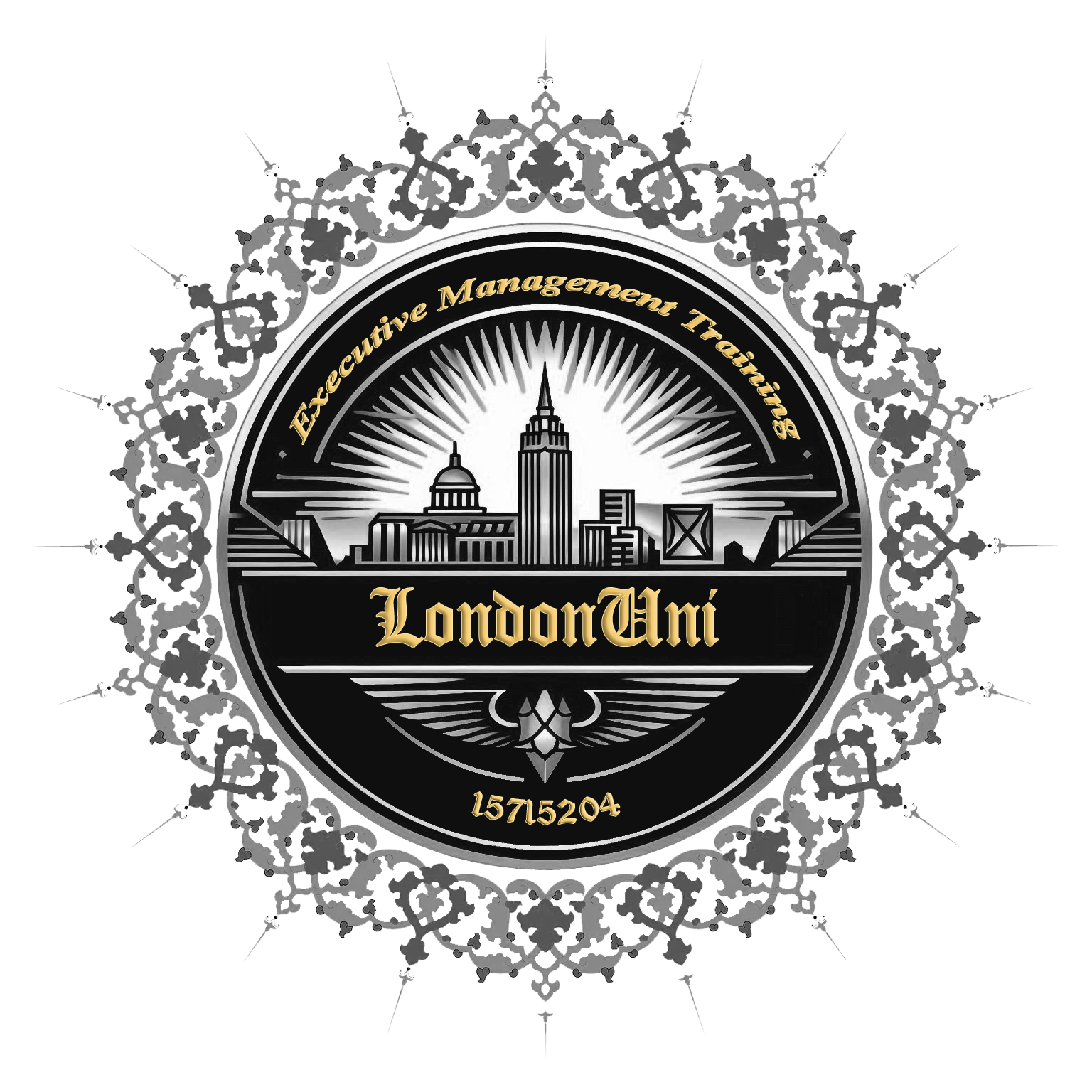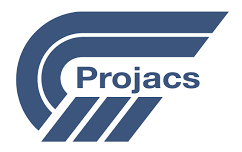ESHub

Het officiële certificeringsprogramma voor bouwvaardigheden (CSCS) schetst
Cursus-ID: 2501050108809ESH
Cursusdata: 05/01/25 Cursusduur: 1 studiedag/dagen Cursuslocatie: Londen, VK
Cursuscategorie: Unieke programma's
Cursus subcategorieën:
Onderwijs en professionele ontwikkeling Gezondheid, veiligheid en welzijn Leiderschap en management Duurzaamheid en milieupraktijken Veiligheid in de bouw Milieuduurzaamheid Gezondheid en welzijn Leiderschap en communicatie Kwaliteitsborging Risicomanagement Ontwikkeling van technische vaardigheden
Cursusinformatie
Invoering
Onze cursus is opgezet als een intensieve eendaagse cursus. U leert de benodigde materialen over gezondheid en veiligheid in de bouw om te slagen voor de cursus. Na afloop van de cursus doet u een online test, gebaseerd op wat u gedurende de dag hebt geleerd.
Doelstellingen
Na het behalen van uw testresultaten ontvangt u een bevestiging van uw CSCS-kaart. Vervolgens ontvangt u een bevestiging van uw testresultaten en uw CSCS-kaart. Uw originele CSCS-kaart en uw certificaat ontvangt u binnen 10 werkdagen.
Voor wie is deze bijeenkomst bedoeld?
Iedereen die op bouwplaatsen wil werken Iedereen die wil solliciteren naar een baan in de bouw Iedereen die op een bouwplaats in het Verenigd Koninkrijk wil werken (verplicht)
Trainingsmethode
• Voorafgaande beoordeling • Live groepsinstructie • Gebruik van praktijkvoorbeelden, casestudies en oefeningen • Interactieve deelname en discussie • Powerpointpresentatie, LCD en flip-over • Groepsactiviteiten en tests • Nabeoordeling
Programmaondersteuning
Dit programma wordt ondersteund door: * Interactieve discussies * Rollenspellen * Casestudies en het benadrukken van de technieken die de deelnemers tot hun beschikking hebben.
Dagelijkse agenda
Ochtend Aganda: * 9:00-9:30 (pre-assessment, invullen van het register en aanwezigheid) * 9:30-11:30 (technische sessie) * 11:30-11:45 (koffiepauze) * 11:45-12:45 (technische sessie) * 12:45-13:00 (herhalingspauze) * 13:00-14:00 (CSCS-test) Middag Aganda: * 14:30-15:00 (pre-assessment, invullen van het register en aanwezigheid) * 15:00-18:30 (technische sessie) * 18:30-18:45 (koffiepauze) * 18:45-19:45 (technische sessie) * 19:45-20:00 (herhalingspauze) * 20:00-21:00 (CSCS-test) Testen)
Cursusoverzichten
Introduction to Time Management for Remote and Hybrid Teams
Understanding Remote and Hybrid Work Models: Exploring the evolution of work, remote and hybrid team structures, and their impact on time management.
Key Challenges of Remote and Hybrid Teams: Identifying communication barriers, time zone differences, and the lack of direct supervision.
Establishing Core Time Management Principles: Reviewing the fundamental principles of time management and how they apply to remote work.
Setting Expectations and Boundaries: Discussing the importance of clear expectations and maintaining work-life boundaries.
Day 2:
Tools and Techniques for Effective Time Management
Digital Tools for Time Tracking and Project Management: Exploring tools like Asana, Trello, and Slack for task management and team collaboration.
Managing Time Zones: Best practices for coordinating team schedules across multiple time zones to avoid scheduling conflicts.
Time Blocking and Prioritization: Techniques for managing your day, focusing on high-priority tasks, and avoiding distractions.
Building a Routine for Remote Work Success: Structuring your day to maintain productivity and prevent burnout.
Day 3:
Enhancing Communication and Collaboration
Synchronous vs. Asynchronous Communication: Understanding when to use each communication style for maximum efficiency.
Improving Virtual Meetings: Best practices for conducting effective online meetings, from setting agendas to keeping discussions on track.
Fostering Collaboration in Distributed Teams: Strategies for ensuring team members remain engaged and collaborate efficiently despite physical distance.
Conflict Resolution and Time Management: Techniques for addressing conflicts in virtual teams while maintaining project timelines.
Day 4:
Building Accountability and Trust
Delegating Tasks in Remote Teams: Best practices for delegating tasks effectively and ensuring accountability.
Creating a Culture of Trust: Strategies for developing trust in a virtual environment and the role it plays in time management.
Performance Tracking and Feedback: Methods for tracking team performance and providing feedback in a constructive manner.
Ensuring Work-Life Balance for Remote Teams: Practical tips for managing personal and professional time to prevent burnout.
Day 5:
Adapting and Evolving Time Management Practices
Evaluating Time Management Strategies: Assessing the effectiveness of current practices and identifying areas for improvement.
Continuous Improvement and Feedback Loops: Creating a feedback loop to refine and adjust time management strategies over time.
Scalable Time Management Practices: Developing flexible systems that can adapt to team growth or organizational changes.
Final Case Study and Q&A: Reviewing a real-world case study, discussing challenges and solutions, followed by a Q&A session to address any remaining questions.
Week 02
Week 02
Week 03
Week 03
Week 04
Week 04
Week 05
Week 05
Week 06
Week 06
Week 07
Week 07
Week 08
Week 08
Week 09
Week 09
Cursuskosten: £500,00
BTW niet inbegrepen in de prijs.
De BTW kan variëren afhankelijk van het land waar de cursus of workshop wordt gehouden.
Klik om te betalen
Betaal om uw plaats veilig te stellen






















































